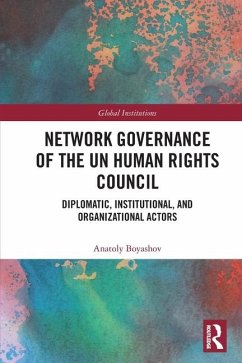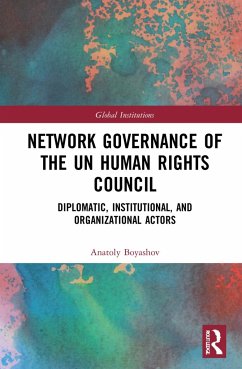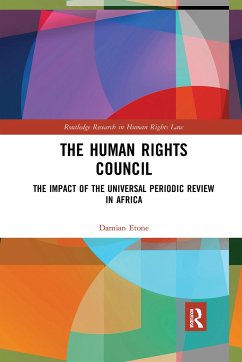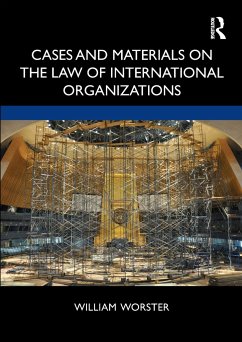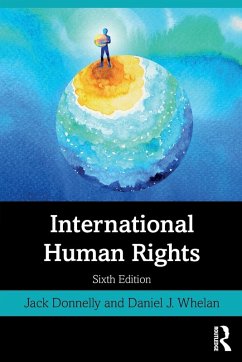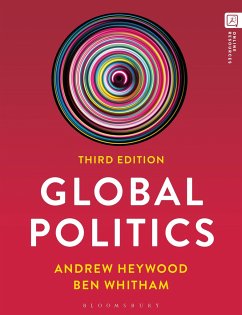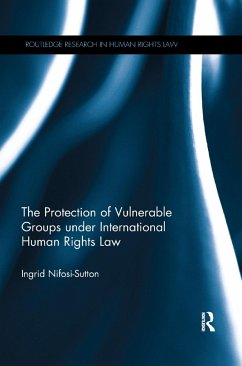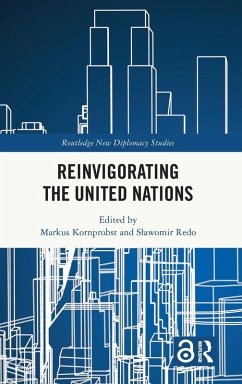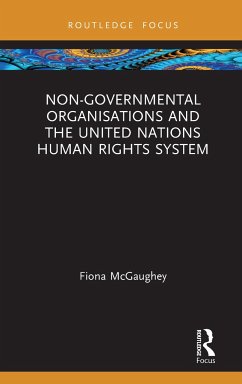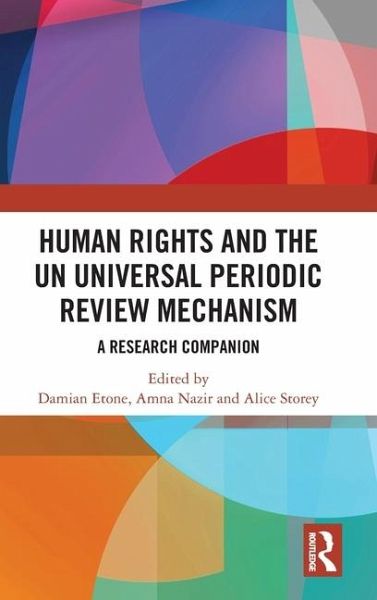
Human Rights and the UN Universal Periodic Review Mechanism
A Research Companion
Herausgegeben: Etone, Damian; Nazir, Amna; Storey, Alice
Versandkostenfrei!
Versandfertig in 6-10 Tagen
191,99 €
inkl. MwSt.
Weitere Ausgaben:

PAYBACK Punkte
96 °P sammeln!
The Universal Periodic Review (UPR) is a peer-review mechanism, reviewing all 193 UN Member States' protection and promotion of human rights. After ten years of the existence of the UPR mechanism, this collection examines the effectiveness of the UPR, theoretical and conceptual debates about its modus operandi, and the lessons that can be drawn across different regions/states to identify possible improvements.The book argues that despite its limitations, the UPR mechanism with its inclusive, cooperative, and collaborative framework, is an important human rights mechanism with the potential to ...
The Universal Periodic Review (UPR) is a peer-review mechanism, reviewing all 193 UN Member States' protection and promotion of human rights. After ten years of the existence of the UPR mechanism, this collection examines the effectiveness of the UPR, theoretical and conceptual debates about its modus operandi, and the lessons that can be drawn across different regions/states to identify possible improvements.
The book argues that despite its limitations, the UPR mechanism with its inclusive, cooperative, and collaborative framework, is an important human rights mechanism with the potential to evolve over time into an effective cooperative tool for monitoring human rights implementation. Divided into three parts, the first part focuses on exploring a variety of theoretical approaches to understanding the UPR mechanism. The second part examines specific human rights themes and the relationship between the UPR mechanism and other international mechanisms. Finally, the third part questions implementation and the ways in which states/regional groupings have engaged with the UPR mechanism and what lessons can be learned for the future.
The volume will be a valuable resource for researchers, academics, and policymakers working in the area of international human rights law, international organizations, and international relations. We would like to acknowledge the UPR Academic Network (UPRAN) for bringing together the experts on this project and the University of Stirling for providing funds to facilitate open access dissemination for parts of this output.
The Introduction and Chapter 6 of this book are freely available as a downloadable Open Access PDF at http://www.taylorfrancis.com under a Creative Commons Attribution (CC-BY) 4.0 license.
The book argues that despite its limitations, the UPR mechanism with its inclusive, cooperative, and collaborative framework, is an important human rights mechanism with the potential to evolve over time into an effective cooperative tool for monitoring human rights implementation. Divided into three parts, the first part focuses on exploring a variety of theoretical approaches to understanding the UPR mechanism. The second part examines specific human rights themes and the relationship between the UPR mechanism and other international mechanisms. Finally, the third part questions implementation and the ways in which states/regional groupings have engaged with the UPR mechanism and what lessons can be learned for the future.
The volume will be a valuable resource for researchers, academics, and policymakers working in the area of international human rights law, international organizations, and international relations. We would like to acknowledge the UPR Academic Network (UPRAN) for bringing together the experts on this project and the University of Stirling for providing funds to facilitate open access dissemination for parts of this output.
The Introduction and Chapter 6 of this book are freely available as a downloadable Open Access PDF at http://www.taylorfrancis.com under a Creative Commons Attribution (CC-BY) 4.0 license.





